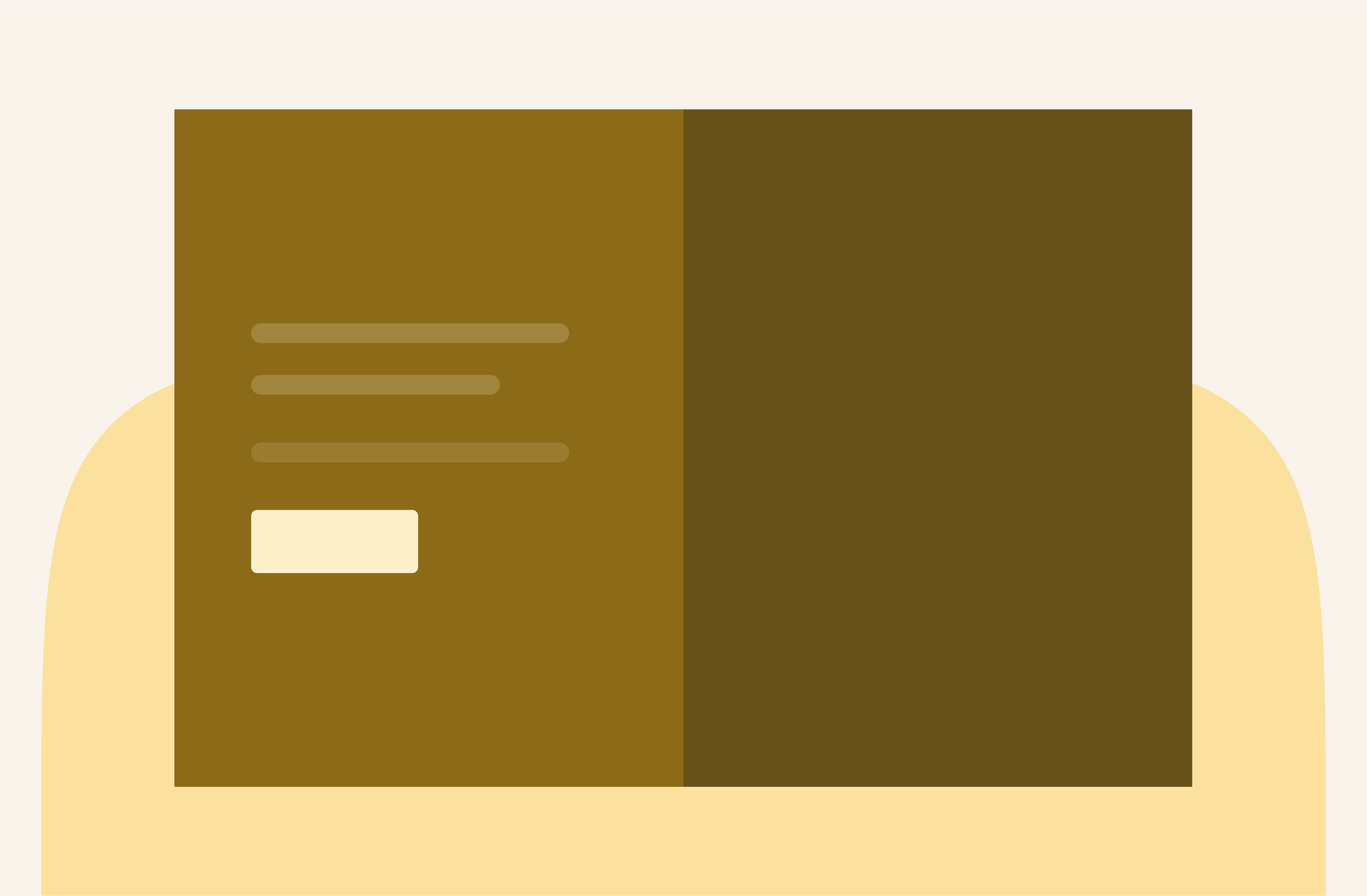Forms, surveys, quizzes, and polls: selecting the right tool for the job
Forms, surveys, quizzes, and polls are all powerful tools, but when and how you use them make all the difference. In this quick guide, we'll define them, outline key differences, and lay out when (and when not) to use them.

Think about the last time you filled out a form, took a survey, completed a quiz, or voted in a poll. What was the purpose of each? Was the form to sign up for a new service? The survey to give feedback on a recent purchase? The quiz to test your knowledge on a subject? The poll to voice your opinion on a current event?
Each of these tools serves a different purpose, and as a marketer, it's important to know the differences. Forms, surveys, quizzes, and polls are all powerful tools, but when and how you use them makes all the difference.
The right tool for the job
Most professionals find themselves asking others for information all the time. From shipping addresses, to opinions on local politics or favorite colors, we're asking each other questions constantly. Being clear about what information you'd like to gain from your audience will guide the format you choose for your questions. So, read on and we'll cover the basics.
Forms
At Typeform, we generally use 'forms' to refer to the collection of raw data. This could be contact information, like an email address or phone number. Or it could be more detailed information, like preferences or demographics. The differences between forms and surveys seem to cause the most confusion (I'd say for good reason). The distinction is subtle, but the important thing to remember is that forms collect simple, specific data.

Dive into Typeform's form template gallery.
Surveys
Surveys are usually longer than forms. You should use them to collect feedback or opinions. For example, you might survey customers after a purchase to get their thoughts on a product or service. Or, you could survey employees to gauge satisfaction levels. We look at surveys as tools for gathering sentiment, to then turn into insights or actions.
A quick note—if you click around typeform.com you'll sometimes see us mention questionnaires vs surveys. A questionnaire is a specific type of survey, one that uses written questions and is typically focused on a specific aspect of a topic. Whereas surveys gather more comprehensive information and often involve a range of question types to collect data.
Get familiar with our library of survey templates.
Quizzes
Quizzes, on the other hand, are tools that you can use to engage your audience, test their knowledge on a particular subject, or understand their needs to provide a recommendation. For example, you could use a quiz to create a profile on a new homeowner to see if they would benefit from your services (i.e., what is the age of their roof, when did they last have a gutter cleaning, etc). Or, you could leverage a quiz on your product homepage to help guide customers to a recommended skincare product. In some cases, quizzes have correct and incorrect answers, but this isn't a universal indicator of a quiz.

Get inspired by our collection of ready-to-use quiz templates.
Polls
Lastly, polls are similar to quizzes in that they're meant to be fun and engaging. But unlike quizzes, polls don't collect traditional data. Use a poll to gather opinions or votes. Polls excel at collecting data on one very specific thing. Take those little pop-ups you see on a website asking "was this article helpful?", this is a perfect example of a poll. It's one short and sweet question set out to collect your opinion.
Find a Typeform poll for any occasion.
Focus on the outcome
If you're not sure where to start when deciding how to format your question, focus on the kind of data you're looking to collect. Would you like a short answer straight from the horses mouth? Then a survey might suit the case best. Are you collecting sentiment on the lastest episode of The Bachelor? A quick poll collected on social media might be the best fit.
Another way to decide which question type is best for your use case is to dive into our templates and take a look around. Getting started is often the hardest part of building a form, and a template gets you almost over the finish line. Go on, give them a look!
Once you've decided what you're going to ask and you have an idea of how you'll ask, check out our guide on 11 steps to creating better typeforms. You'll find tips on how to ask better questions (across all question types) and create better conversations with your audience. Happy asking!
Liked that? Check these out:
.png)
Opinions and Expertise
What event feedback surveys tell you (and what they don’t)
Event feedback can be a goldmine of useful insights to create better future events—but only if you know what it's telling you. See how to interpret event feedback surveys for more accurate analysis that you can use to make your next event even more successful.
Read more

Opinions and Expertise
Post-event feedback: A strategic tool for better attendee experiences
The post-event feedback survey is the key to creating better events—but only if you do it right. Approach post-event feedback as a strategic differentiator to start designing events that resonate with your audience, get rave reviews, and drive real results.
Read more

Opinions and Expertise
Get more sign-ups: Typeform’s high-converting registration form checklist
You’ve planned an event you know your audience will love—but how do you get them to register for it? Use our high-converting registration form checklist to create an effortless sign-up experience and turn visitors into attendees.
Read more
